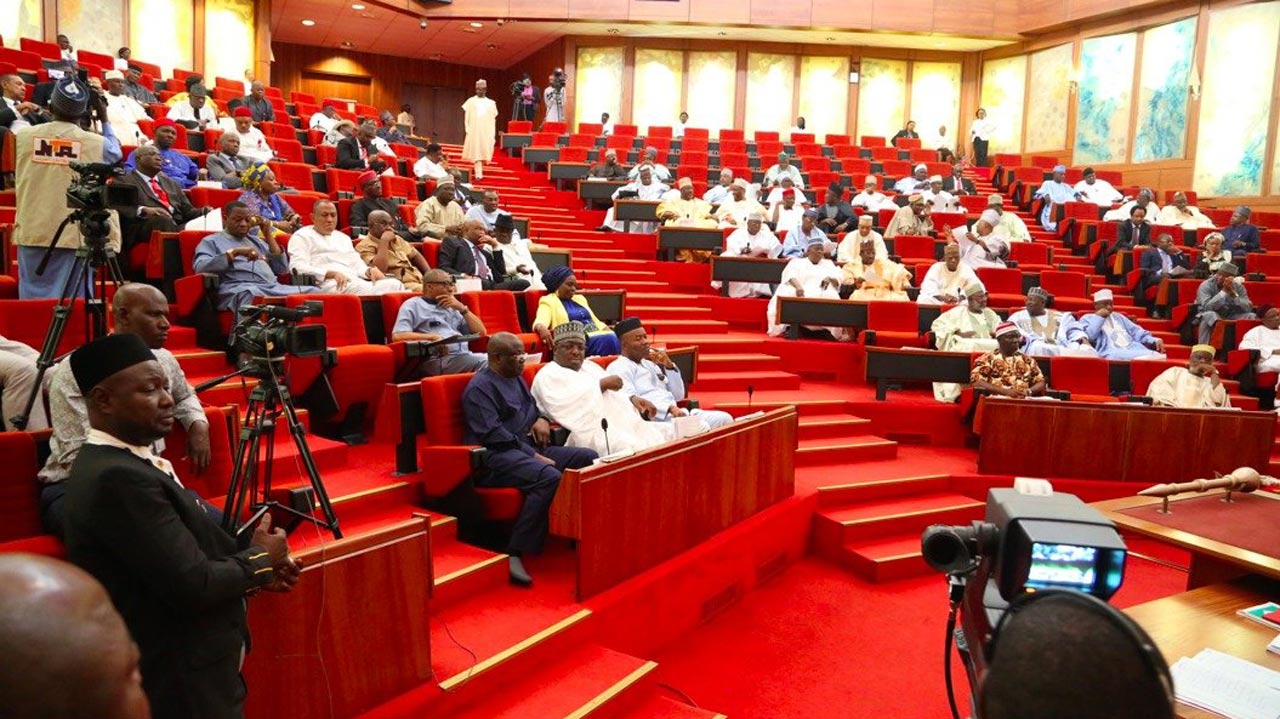
Nigeria’s Senate has approved tax reform bills aimed at enhancing government revenue
Nigeria’s Senate approved four tax reform bills on Friday, designed to enhance government revenue, bringing them closer to finalizing a plan that has encountered criticism and resistance from within President Bola Tinubu’s ruling All Progressives Congress.
Following the elimination of expensive subsidies and two devaluations of the naira currency in his initial year, Tinubu has redirected his attention towards overhauling the tax system to enhance revenue and efficiency.
Critics argue that the measures, including a rise in value-added tax to 12.5% next year from 7.5%, will exacerbate economic difficulties in Africa’s most populous nation of over 200 million people.
The passage of the four bills by Parliament, in the face of opposition from lawmakers and governors within Tinubu’s party, marks a significant achievement for his administration’s initiatives to enhance government revenue and reform the country’s fiscal framework.
Nigeria’s tax-to-GDP ratio stands at a mere 10.8%, compelling the government to depend on borrowing to finance the budget.
Sani Musa, who led the Senate committee that examined the bills, stated that their approval prompted a change to Nigeria’s oil legislation.
He stated on Friday that the changes will shift “fiscal administration duties, such as royalty and petroleum profit tax collection, to the newly proposed Nigeria Revenue Service.”
Musa made it clear that the other provisions in the oil law stay the same.
The tax bills were passed by Nigeria’s lower House of Representatives in March. The Senate’s passage now necessitates that both chambers reconcile their versions before the Final bills are sent to Tinubu for his approval.
All Categories
Recent Posts
Tags
+13162306000
zoneyetu@yahoo.com



